Deputy Minister of Industry and Trade Nguyen Sinh Nhat Tan affirmed this at the Consultation Workshop on Building an Ecosystem to Support Businesses in Taking Advantage of Free Trade Agreements (FTAs) held on November 3 in Hanoi.
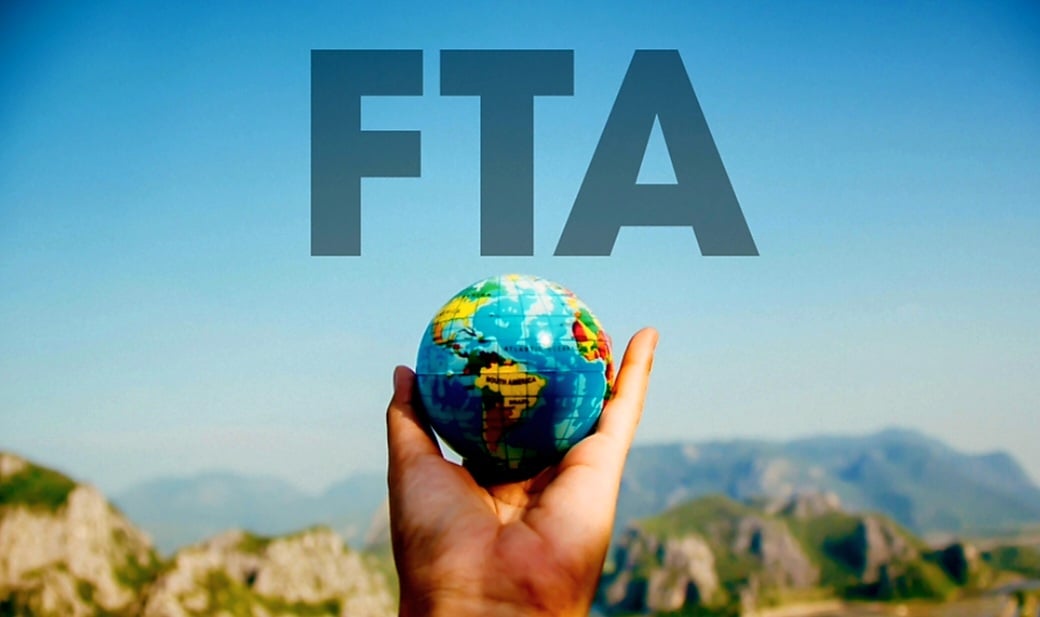
Value chain network
Vietnam is currently among the top developing countries with the largest number of FTAs. Up to now, Vietnam has had 20 FTAs signed and negotiated. Of these, 17 FTAs have been and are being implemented with major economies in the world, accounting for 90% of global GDP, including new generation FTAs such as the Comprehensive and Progressive Agreement for Trans- Pacific Partnership (CPTPP), the Regional Comprehensive Economic Partnership (RCEP) and the Vietnam - EU Free Trade Agreement (EVFTA).
However, in the implementation process, Vietnamese enterprises, especially small and medium enterprises, are still facing many challenges. The building and positioning of brands for "Made in Vietnam" products in demanding markets has not received due attention. The number of staff with experience and deep expertise in FTA, capable of providing training and support to provinces and cities is still lacking.
Accordingly, it is urgent to gradually build an ecosystem to support businesses in taking advantage of FTAs. The ecosystem will be a comprehensive network connecting entities in the value chain, from production, processing, logistics, finance, associations to management agencies to support businesses in optimizing benefits from FTAs, improving competitiveness and promoting cooperation between the public and private sectors.
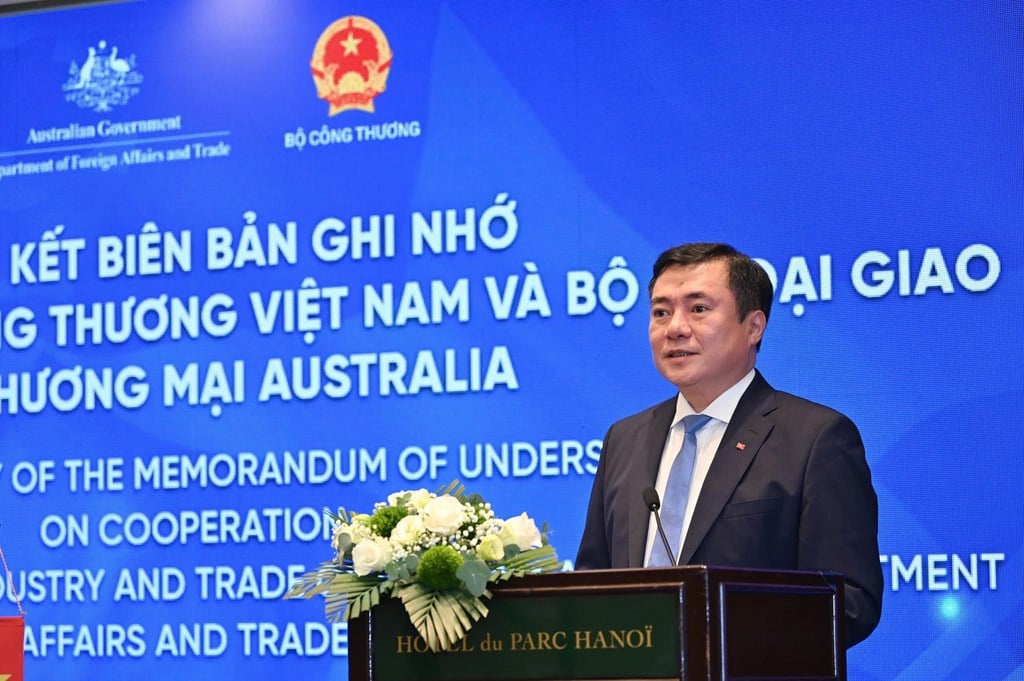
Deputy Minister of Industry and Trade Nguyen Sinh Nhat Tan said that in recent years, the domestic business community has been taking advantage of incentives from FTAs, the results of which are shown through figures on import and export, investment, development cooperation, etc. FTAs also facilitate Vietnamese businesses to participate more deeply in the global supply chain. However, in the implementation process, Vietnamese businesses, especially small and medium enterprises, face many challenges.
Building an Ecosystem to support businesses in taking advantage of FTAs is a strategic step to implement the Government's direction on improving integration capacity, creating momentum for trade and economic growth in the country. The Ministry of Industry and Trade will collect opinions from ministries, branches, localities, associations and experts to complete the Project, expected to be submitted to the Prime Minister this year.
According to the draft project, the Ecosystem will be a comprehensive network of connections between entities in the value chain – from production, processing, logistics, finance, associations to management agencies – to support businesses in optimizing benefits from FTAs, improving competitiveness and promoting cooperation between the public and private sectors. This model aims to form a culture of connection, information sharing, and mutual support to create a platform for businesses to more effectively take advantage of opportunities from FTAs that Vietnam has participated in.
According to Mr. Ngo Chung Khanh - Deputy Director of the Multilateral Trade Policy Department, Ministry of Industry and Trade, the free trade agreement (FTA) ecosystem model being promoted by the Ministry of Industry and Trade does not stop at promoting the content of FTAs. The core goal of the ecosystem is to create a network connecting entities in the value chain - from production, processing, logistics, finance, associations to management agencies to support businesses to make the most of FTA incentives, improve competitiveness and expand export markets.
For farmers, participating in the FTA ecosystem means receiving support for loans from credit institutions in the same ecosystem; receiving technical support and consulting on cultivation that meets import market standards; being guaranteed output according to contracts signed with businesses; and being supported in resolving problems in the production process. For businesses, the benefits are clearly shown in the opportunity to access capital sources; receiving advice on government support policies; being connected to markets, contracts and customer information; and resolving problems in domestic and international trade.
Improve business competitiveness
Regarding the Free Trade Agreement between Vietnam and the EU (EVFTA), after 5 years of implementing the Agreement, two-way trade turnover between Vietnam and the EU has continuously increased, from 48.9 billion USD to nearly 78 billion USD, recording an average growth rate of 10.1%/year. Of which, exports to the EU market increased by an average of 11.7%, imports from the EU market increased by an average of 6.1%. EVFTA has created favorable steps in terms of opportunities to diversify markets as well as expand export products for the business community. However, there are also many difficulties and challenges for managers, businesses and farmers. That is the increasingly fierce competition as Vietnam integrates deeply into the global economy.
Experts say that in the context of the complicated developments of the world economy, many countries have issued new trade policies, especially the reciprocal tax policy of the United States, which will affect the flow of imports and exports. The European Union is also accelerating the negotiation process and signing FTAs with many other partners, increasing the competitive pressure on Vietnamese goods.
Furthermore, the EU market is also shifting strongly towards green and clean consumption, requiring sustainable development standards in terms of labor, environment, etc. Consumers are not only concerned about the price and quality of products but also the production process of goods. Notably, with a new, comprehensive approach to sustainable development, the EU is promoting the implementation of the European Green Deal Program - a comprehensive strategy to transform the EU into a modern, resource-efficient and carbon-neutral economy by 2050. All these challenges require Vietnamese businesses and industries to have appropriate approaches and adaptive solutions to promote growth, increase competitiveness and expand their presence in the EU market.
To effectively take advantage of incentives from FTAs in general and EVFTA in particular, experts say that Vietnamese enterprises need to proactively prepare and meet increasingly high standards of markets, improve competitiveness, and participate more deeply in the global value chain.
Along with that, the formation of an Ecosystem to support businesses in taking advantage of FTAs is expected to bring many positive impacts to the Vietnamese economy, especially in expanding and diversifying export markets, attracting foreign investment, improving productivity and promoting the process of transforming the growth model towards green and sustainable direction.
Source: https://moit.gov.vn/tin-tuc/thi-truong-nuoc-ngoai/he-sinh-thai-ho-tro-doanh-nghiep-tan-dung-fta-buoc-di-chien-luoc.html





![[Photo] Hanoi: Long Bien residents brave the rain to go to work and school amid traffic jams due to bridge closures from early morning](https://vphoto.vietnam.vn/thumb/1200x675/vietnam/resource/IMAGE/2025/11/07/1762485038077_dji-0206-1506-jpg.webp)

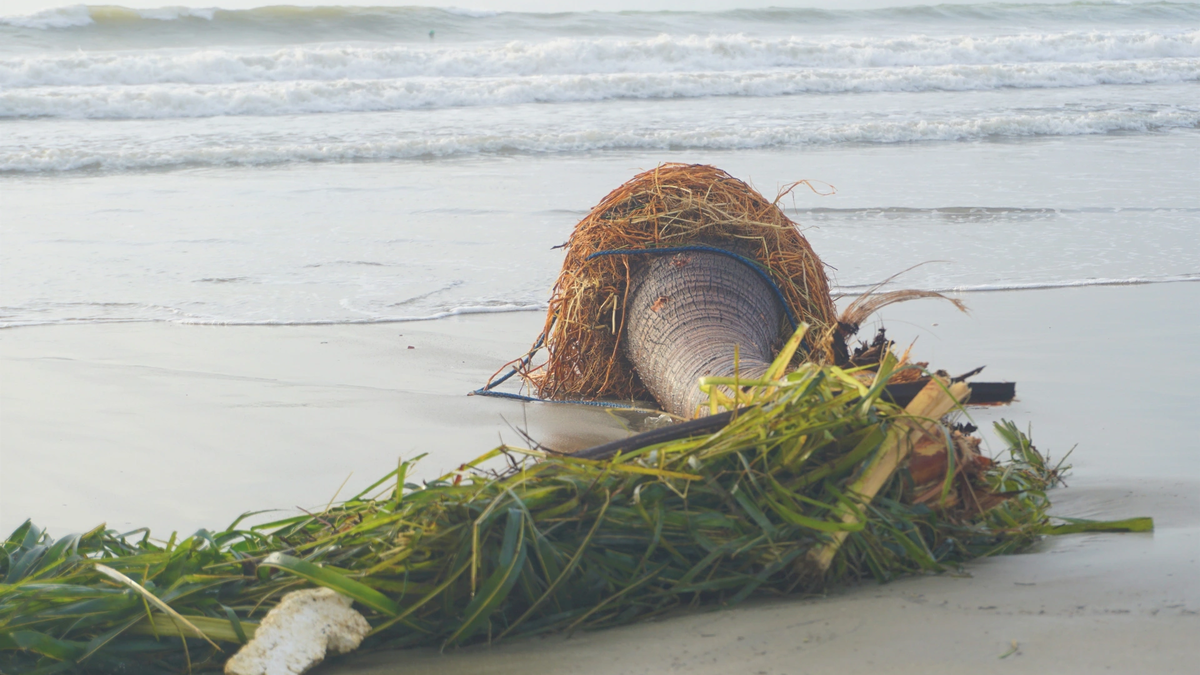








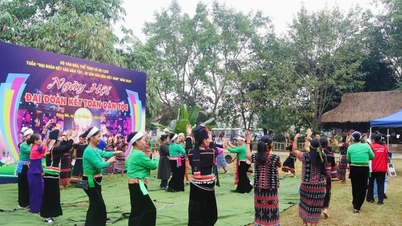




















































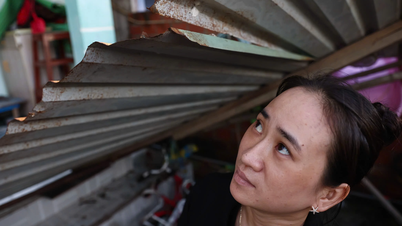
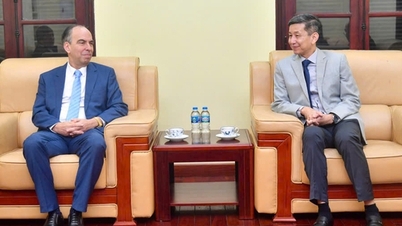

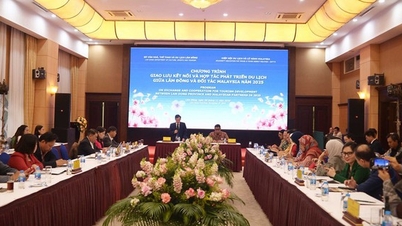



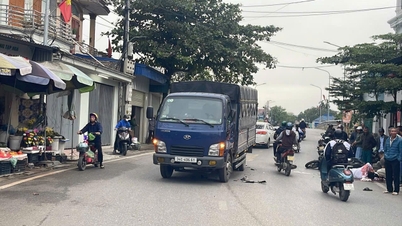

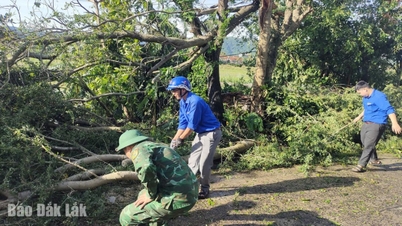

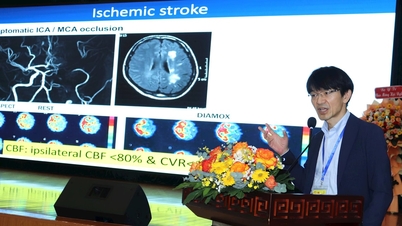



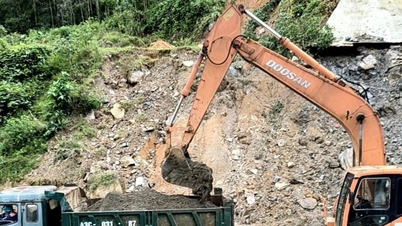
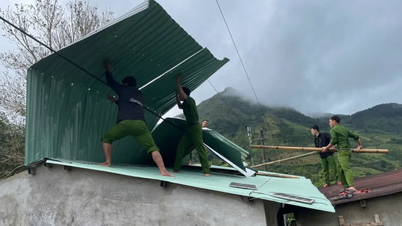



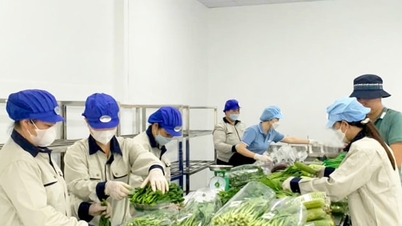











Comment (0)